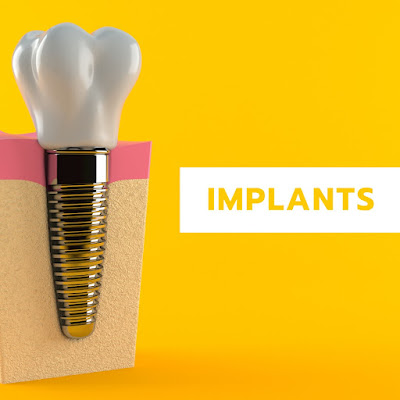When you hear the words "root canal," you may become a little nervous. However, the process, also known as endodontic therapy, has advanced significantly in recent years. With developments in dental technology and procedures, root canal treatment is now a simple operation with multiple advantages. Let's look at the five primary benefits of having a root canal treatment:
.jpg) |
| Root Canal Treatment |
Pain relief and
relaxation
Many individuals have the misconception that root canal procedures are unpleasant. The procedure's main goal is to relieve discomfort caused by an infected or broken tooth. Most individuals find the treatment no more painful than having a filling thanks to contemporary anesthetics and methods. The intense discomfort produced by the infection will be gone after treatment, providing instant relief and relaxation.
Natural Tooth
Preservation
One of the major
advantages of a root canal is that you may preserve your original tooth.
Dentists may salvage a tooth that would otherwise have to be extracted by
cleaning out the diseased pulp and sealing the tooth. Keeping your natural
teeth helps to keep your natural bite, guarantees effective eating, and keeps
other teeth from slipping out of position.
Prevention of Infection
Spread
A tooth infection that goes untreated may spread to adjacent teeth and potentially other regions of the body. The spread of the illness is prevented by removing the affected pulp during root canal surgery. This not only preserves your oral health but also your entire wellness.
Economical and
time-saving
While a root canal may
have an initial expense, it is frequently more cost-effective in the long term
than other therapies. Extraction and replacement of a tooth with a bridge or
implant might be more costly and time-consuming. A root canal, on the other
hand, usually involves just one or two sessions, saving you both time and
money.
Improved Aesthetic
Outcome
Following a root canal, the treated tooth is often repaired with a crown, which not only strengthens but also enhances the tooth's aesthetics. Modern dental crowns are custom-made to match the color and form of your natural teeth, ensuring that your smile looks as good as it ever has.
.jpg)









